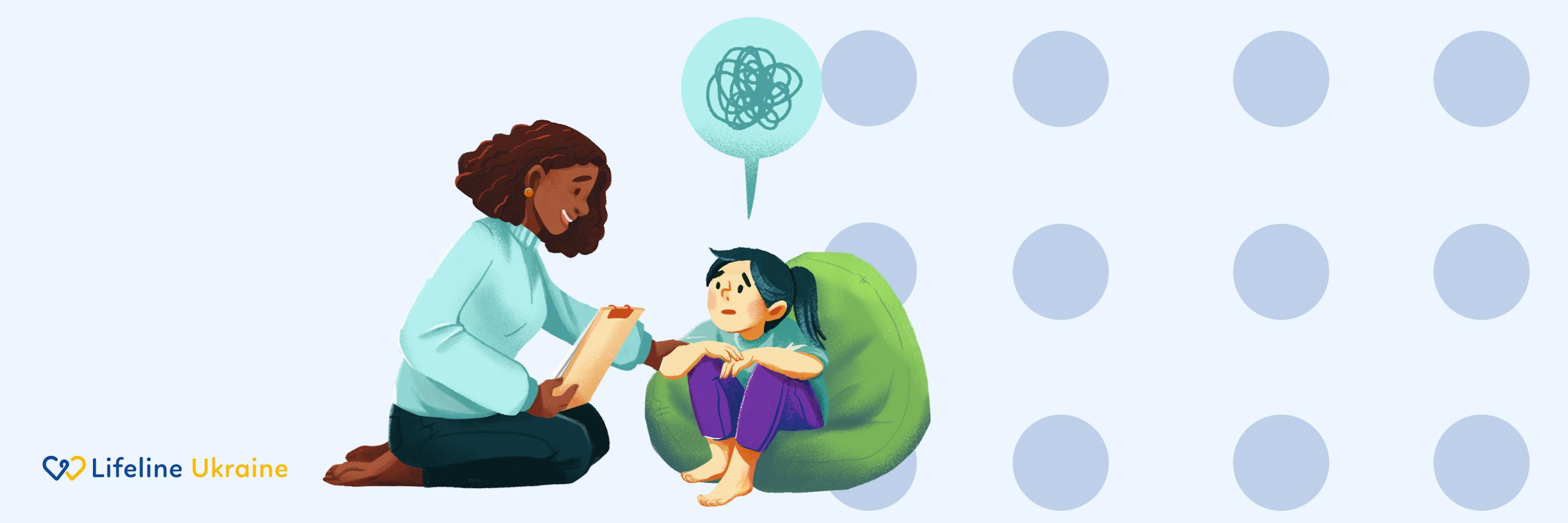What is PTSD?
PTSD is a mental disorder that usually occurs approximately 6 months after a traumatic experience. When the stress factor has a significant and prolonged impact, such as living under occupation or repeated shelling and air raids, the chances of accelerated development of PTSD are higher.
Main signs of PTSD in children:
- Constant thoughts about the traumatic event.
- Aggression, irritability, depression, apathy, impulsiveness, and emotional coldness.
- Nightmares, insomnia, or excessive sleepiness.
- Increased anxiety and anticipation of event recurrence.
- Unstable attention and memory.
- Self-harm, alcoholism, or drug abuse (more common among teenagers).
How to reduce the effects of PTSD?
To reduce the effects of PTSD in children, parents must prioritize their own psychological stability to effectively support their children. The following steps can help prevent childhood PTSD:
- Restoring the child's sense of security;
- Engaging the child in physical exercise, dancing, and outdoor walks;
- Restoring the daily routine;
- Spending quality time with the child by cooking, talking, or walking with them;
- Listening to the child when they need to talk and providing answers to their questions;
- Allowing the expression of feelings and emotions;
- Honestly and age-appropriately explaining the traumatic event, helping the child understand the broader context and causes;
- Encouraging social participation and activity of the child;
- Seeking support from a psychologist;

Children with PTSD have a higher risk of suicide, are prone to self-harm, and inpatient treatment with a psychologist can be considered. For younger children, using a play-based approach to work through trauma, while avoiding turning it into a reenactment, is beneficial.
If your children have experienced loss or witnessed traumatic events, have undergone significant life changes due to war, seek professional help. This is especially important if your child continues to have difficulties with daily activities for several weeks. Initially, a consultation with a family doctor can provide recommendations about the next steps for rehabilitating the stress disorder. Remember, recovery takes time, and support from calm parents and professional psychologists is essential to help the child heal.













